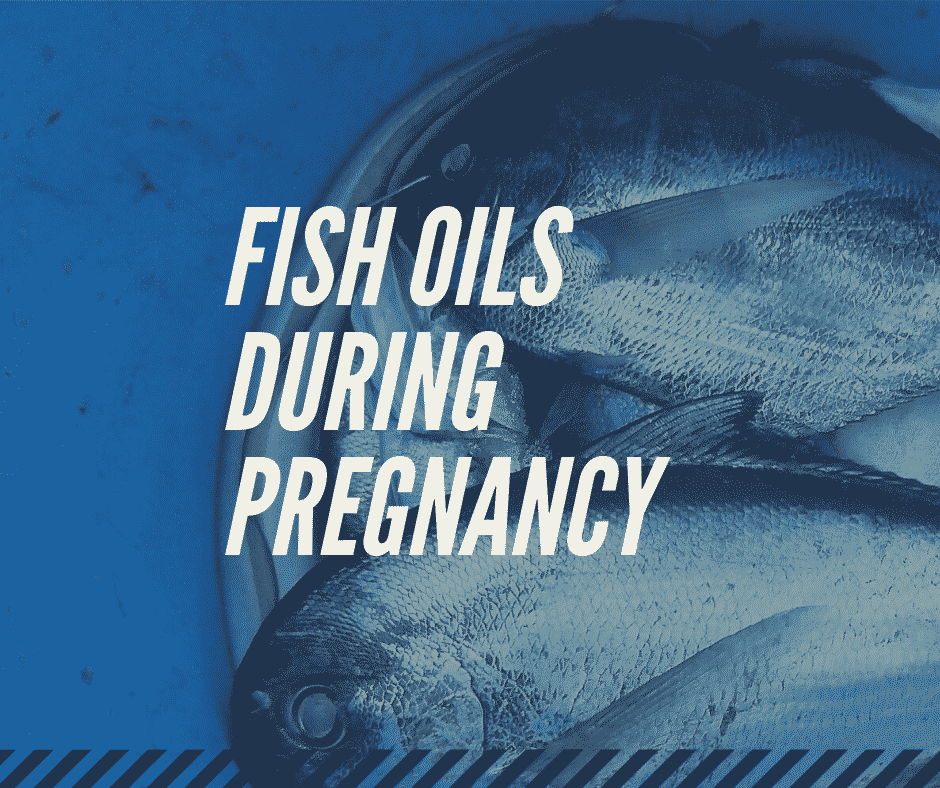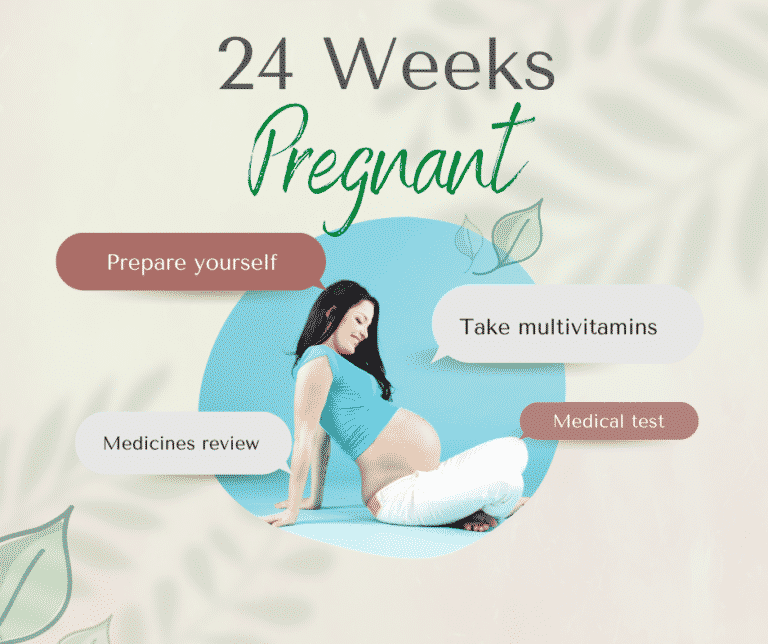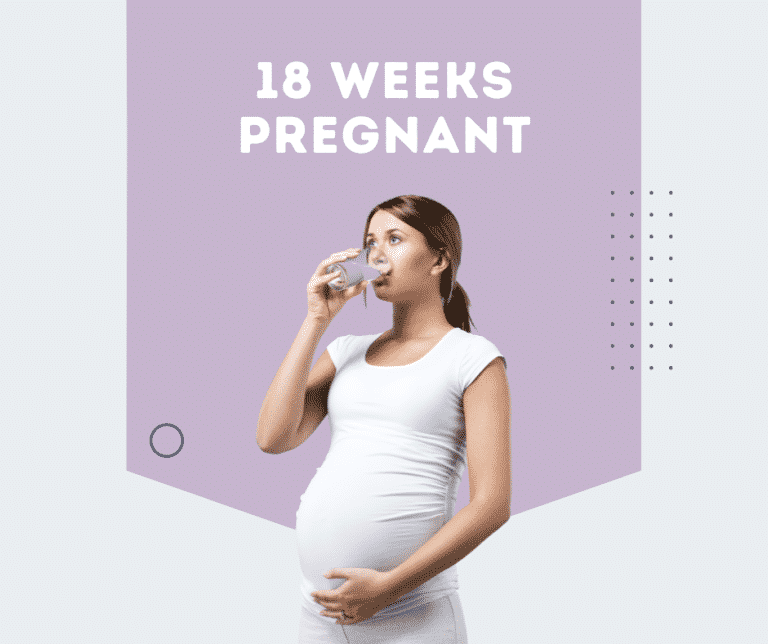Fish Oil During Pregnancy: All you need to know
Published on April 29, 2022 – Last Updated on February 28, 2024
Are you pregnant and considering taking fish oil supplements? If so, you’re definitely not alone. Fish oils are among the most popular supplements taken by pregnant women. But what do you really need to know about them? Is it safe to take fish oils during pregnancy? What benefits can they provide? And how much should you take? This article will answer all of your questions and help you make the best decision for your own health and that of your baby. So read on to learn everything you need to know about fish oil during pregnancy!
Fish Oil Pregnancy
Fish oil plays an essential role in pregnancy. It is rich in beneficial nutrients such as omega-3 fatty acids and vitamins D, A, and E. These nutrients are necessary for developing a healthy baby, supporting the growth of their brain, eyes, and nervous system. In addition, many studies have shown that women who supplement with fish oil during pregnancy have a lower risk of developing various complications such as preeclampsia or gestational diabetes.
Given its proven benefits for both mom and baby, it is clear that fish oil is a must-have during pregnancy. Whether you are taking a natural supplement or simply adding more fish to your diet, be sure to incorporate this incredibly beneficial nutrient into your pregnancy plans today!
Omega-3 Fatty Acids: Effect on the Fetus and Pregnancy
The omega’s fatty acids are essential nutrients for pregnant and lactating women and babies born to them. These essential nutrients have a wide range of health benefits, including supporting brain development, reducing the risk of premature birth, and reducing the incidence of allergies and asthma. While adipose acids are found in various foods, pregnant women may not get enough from their diet alone.
Therefore, many healthcare providers recommend that expectant women take omega-3 fatty acid supplements. Dietary supplements are an easy and convenient way to ensure that pregnant women get the omega-3s fatty acids they need for themselves and their babies.
Read more about: Can I drink decaf coffee while pregnant
Why are Omega-3 Fish Oil Supplements Important During Pregnancy?
Adequate intakes of Omega-3 fat are critical for maintaining an optimal level of synthesis of hormonelike substances called prostaglandins. Prostaglandins regulate various physiological functions, including blood pressure and blood coagulation. In some cases, prostaglandins can be produced at high doses based on the type of rich acid found in the diet, while others are less produced. Prostaglandin imbalances cause autoimmune diseases.
There is evidence that women who take a fish oil supplement during pregnancy are less likely to develop preeclampsia, gestational diabetes, and other common pregnancy complications. A recent study found that omega-3 fatty acid supplementation reduced the risk of preterm birth by as much as 30%. In addition, babies born from mothers with low levels of omega-3 acids in their blood are more likely to be born with low birth weight.
Omega-3 acids are essential for the development of a baby’s brain, eyes, and nervous system. In fact, studies have shown that babies born to mothers who take fish oil supplements during pregnancy have higher IQ scores and better vision later in life. As a result, all pregnant women must get enough omega-3 fatty acids to support their own health and the development of their unborn children.
As you can see, there are many benefits to taking fish oil during pregnancy. Whether you decide to take a supplement or make sure that your diet is rich in omega-3 fatty acids, be sure to include this nutrient into your pregnancy plans today!
Best foods that are high in omega-3 fatty acids
When it comes to finding the best sources of omega-3, there are several different foods to choose from. On the one hand, cod liver oil is traditionally recognized as a significant source of these essential nutrients. On the other hand, with high concentrations of eicosapentaenoic acid (EPA) and docosahexaenoic acid (DHA), cod liver oil is an excellent choice for anyone looking to boost their levels of omega-3s.
Another great option is olive oil, which is known for its abundance of healthy monounsaturated fats. In addition to its cardiovascular benefits, olive oil is also notable for its high levels of omega-3. However, unlike cod liver oil, olive oil contains more docosahexaenoic acid (DHA) than EPA. So if you’re looking for a good balance between these two essential adipose acids, then vegetable oil may be the better choice for you.
Of course, there are plenty of other options when it comes to getting your fill of omega-3s. Leafy green vegetables like kale and spinach are packed full of these essential nutrients, while nuts like walnuts and seeds like flaxseed are great plant-based alternatives that can be easily incorporated into your diet.
Ultimately, the best food for omega-3 depends on your individual needs and preferences. However, by incorporating various sources into your diet, you can ensure that you’re getting these critical nutrients’ benefits!
At the end of the day, there are many reasons why it’s crucial to get enough omega-3s fatty acids during pregnancy. By supporting your own health and the development of your unborn child, these essential nutrients provide a number of benefits that are simply too good to ignore.
DHA in pregnancy and Fish Oil Supplementation
A woman’s body needs to contain optimal levels of DHA, a vital fatty acid during pregnancy. DHA plays an essential role in developing the fetal brain and eyes, but it can also help strengthen the mother’s own health and mood during pregnancy. One easy way to ensure that you are getting enough DHA during your pregnancy is to take fish oil supplements.
These supplements are rich in omega acids, including DHA, making them an excellent way to support your own health and your growing baby. Whether you choose to take fish oil capsules or enjoy more fish in your diet, be sure to take advantage of all the benefits of this vital nutrient during pregnancy. With the right amount of DHA, you can give yourself and your baby everything you need for a healthy and happy pregnancy.
Should you take Fish Oil during Pregnancy?
Omega-3 supplementation is often recommended, but it should only be taken with food that does not consist of fish. Make an appointment with the doctor for a pregnant dose containing DHA, or check for the possibility you are already receiving this. Several vitamins have at least 250 to 400 g of DHA already, and this is especially crucial for prenatal vitamins when adding an additional supplement. If you dislike the fish-based aftertaste, then you can find an alternative vegetarian and vegan recipe. Krill oil, made from tiny shrimp-like ocean organisms and algae oil, deemed vegetarians, can meet your needs exactly as fish oil provides.
Cold water fish, such as salmon, anchovies, and sardines, are the richest sources of omega-3 heavy acids. These fish have a higher ratio of omega-3 to omega-6 fatty acids than other fish. They are also low in mercury. Salmon is also an excellent source of protein, vitamin D, and selenium.
Alpha-linolenic acid (ALA) is another type of acid found in plant foods, such as flaxseeds, chia seeds, hemp seeds, and canola oil. ALA can be converted into EPA and DHA in the body, but this conversion is very inefficient. For this reason, it is important to include sources of preformed DHA and EPA, such as fish oil supplements or fatty fish, in your diet.
Polyunsaturated fatty acids (PUFAs) are a type of fat that is essential for human health. They are found in various foods, including fish, nuts, and seeds. PUFAs can also be made in the body from other fats, such as omega-6 fatty acids.
Dietary recommendations for Omega-3 Fatty Acids
The American Heart Association, American Pregnancy Association, and American College recommend that people eat fish at least twice a week for optimal health. Fatty fish like salmon, mackerel, tuna, and sardines are excellent choices because they’re high in omega-3s fatty acids. These nutrients are vital for heart health, and they can also improve brain function and reduce inflammation. For people who don’t like fish or who can’t eat it for religious or cultural reasons, there are other ways to get omega-3s fatty acids. Some plant foods, such as flaxseeds, chia seeds, and walnuts contain omega-3s called ALA.
The body can convert ALA into EPA and DHA, but this process is inefficient. As a result, it’s best to get EPA and DHA directly from food sources. Supplements are another option for people who want to ensure they’re getting enough omega-3s fatty acids. For example, fish oil supplements provide EPA and DHA, and they can be a good choice for people who don’t like fish or who have trouble getting enough seafood in their diet. No matter how you get your omega-3s, these nutrients are essential for heart health, brain function, and overall wellbeing.
Another important resource: is coffee while breastfeeding; can you drink coffee while pregnant.







